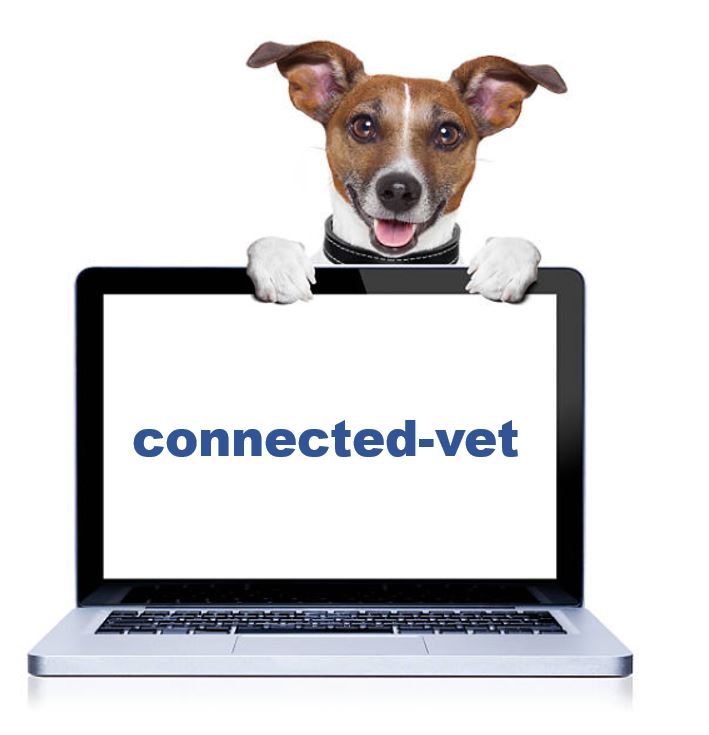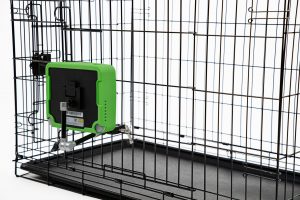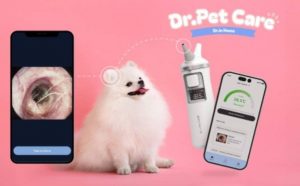When Allegra Brochin and her boyfriend adopted Sprinkles, a feisty white Maltese, last year, they set about finding pet care.
“I immediately started looking,” said Ms. Brochin, 23, who works as a communications coordinator for Michael Kors in New York.
She saw ads for Bond Vet pop up on her Instagram feed, and when she took in Sprinkles for her shots, she was won over by the look and feel of the clinic, “especially when it’s for a pet you care about and feel responsible for,” she said.
Ms. Brochin is not alone in her devotion to her pandemic pet. More than 12.6 million households adopted animals from March to December of last year, according to the American Pet Products Association, helping to propel an increase in visits and revenue to veterinary offices, as new owners took pets in for their first checkup.
The heightened demand for veterinary services has drawn investors and others to the market. Landlords — who might previously have spurned tenants associated with unpleasant odors and noise — are more amenable to leasing to the clinics after a year when the vets paid their rent while other businesses fell behind. And architecture firms that specialize in the design of vet space are busier than ever.
Tech-savvy start-ups like Bond Vet are promising a reinvention of the experience, with phone apps, round-the-clock telemedicine and boutique storefronts where refreshments (for pet owners) run to LaCroix and cold brew.
The pet care business is riding a growth spurt: Morgan Stanley projected that it would be a $275 billion industry in 2030, up from $100 billion in 2019, with vet care the fastest-growing segment over the next decade.
“Ten years ago, there was a baby boom,” Arash Danialifar, chief executive of GD Realty Group, a California company that has leased space to a veterinary start-up, said about the proliferation of shops selling children’s fashion. “Now it’s all about pets.”
Start-ups make up fewer than 1 percent of the more than 28,000 vet practices across the country, but they are growing quickly.
In New York, Small Door Veterinary recently announced it had raised $20 million and planned to go from a single location to 25 by 2025. The firm operates on a membership model, with 24/7 telemedicine and waiting areas with arched, white oak-paneled alcoves that give owners and their pets an intimate place to chill before appointments. Designed by Alda Ly Architecture, the clinics are rented storefronts of 2,000 to 3,000 square feet and cost about $1 million to kit out, said Josh Guttman, Small Door’s co-founder and chief executive.
Bond Vet, another New York start-up, models itself on CityMD clinics; it recently raised $17 million and now has six offices, including its first suburban location, in Garden City on Long Island.
And in Los Angeles, another membership-based company, Modern Animal, has an office in a high-end shopping district in West Hollywood, with three more to come in the city by year’s end and a dozen clinics in California by 2022, said the company’s founder and chief executive, Steven Eidelman.
Modern Animal is seeking to add a dozen clinics in California by 2022.Credit…Rozette Rago for The New York Times
“I don’t think as a landlord I would have been encouraged to have a vet clinic 15 years ago, but today I would,” said Mr. Danialifar of GD Realty, Modern Animal’s West Hollywood landlord.
The start-ups appear positioned to appeal to millennials, who made up the majority of new pet owners during the pandemic. Seventy-six percent of millennials own pets, according to a recent survey, and they are spending generously on their charges.
Rebecca Hilton, 34, who lives in Santa Monica, Calif., joined Modern Animal after adopting two kittens, Pinot and Lula, last year and has made use of the company’s app to communicate with the office. She has talked to the doctor via video-chat and has used the app to ask questions and send photos.
“I may have called at 2 a.m. once when one of the cats was acting weird,” she said. “It’s helpful not to have to go in every time.”
The health system for pets is advancing in other ways that mirror human health care. Meridian Veterinary Real Estate, a developer founded in Dallas in 2016, builds animal hospitals of 10,000 to 25,000 square feet with departments for surgery, oncology, internal medicine and other specialties — often equipped with as much as $10 million in equipment for things like X-rays, CT scans and M.R.I.s.
Such developers work with architecture firms versed in vet design, including Rauhaus Freedenfeld & Associates, which is fielding twice as many calls for new business as it did before the pandemic, said Warren Freedenfeld, a principal at the firm.
His business and others design interiors with materials that absorb noise — both high frequency (howling) and low frequency (barking) — and without free-standing columns or sharp corners that might invite a dog to lift a leg. Clinics are designed to be “fear free” with soothing colors and, often, separate zones for cats and dogs.
Lire la suite: www.nytimes.com






